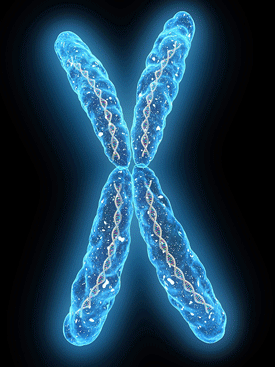Why ME/CFS Biomarker Headlines Keep Failing to Deliver
Every few years, headlines appear claiming that scientists have finally found a
biomarker for myalgic encephalomyelitis/chronic fatigue syndrome (ME/CFS). Each time, the community feels a surge of hope: maybe this is it—the long-awaited diagnostic test that will legitimize the disease and speed up treatment research.
And yet, decades later, we still don’t have a clinically validated biomarker. The latest announcement about the
EpiSwitch blood test is just the newest chapter in this long story of excitement and disappointment.
Why a Biomarker for ME/CFS Matters
A biomarker—a measurable biological signal that identifies a disease—could change everything for ME/CFS. It could shorten the years-long diagnostic delays, help distinguish ME/CFS from overlapping illnesses, and guide treatment development (Jason et al., 2023).
But identifying one has proven incredibly difficult. ME/CFS is a
heterogeneous condition. No two patients are the same, and the biological pathways involved—immune, metabolic, vascular, and neurological—are deeply interconnected (Proal & VanElzakker, 2025).
The Pattern: Discovery, Hype, and Disappointment
The ME/CFS field has followed a predictable pattern for years:
- A small study identifies a biological difference between patients and healthy controls.
- The media declares it a “breakthrough blood test.”
- The findings fail to replicate in larger, more diverse groups.
- The discovery fades—until the next big claim.
This cycle has played out with
cytokine panels (Montoya et al., 2017),
mitochondrial enzyme assays (Armstrong et al., 2015),
metabolomic signatures (Naviaux et al., 2016), and
red blood cell deformability (Saha et al., 2019). Each produced intriguing findings, but none proved specific or stable enough to serve as a diagnostic test.
Every few years, new headlines promise a biomarker for ME/CFS. Learn why most fail, what’s behind the EpiSwitch test, and why real progress will take a cluster of biomarkers.

www.postviralnutrition.com





